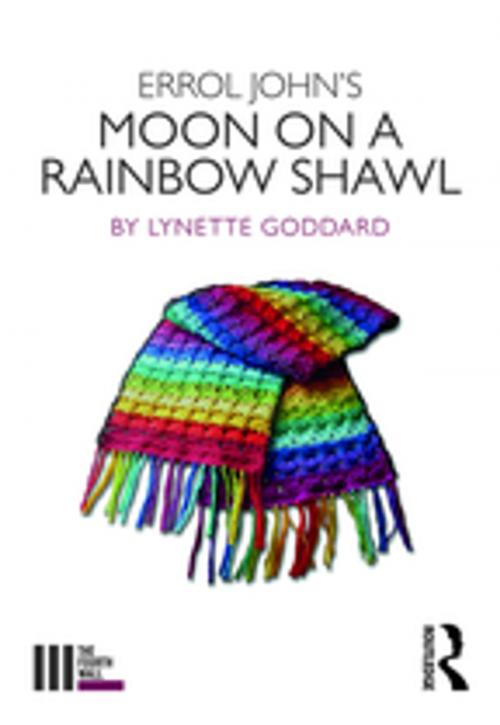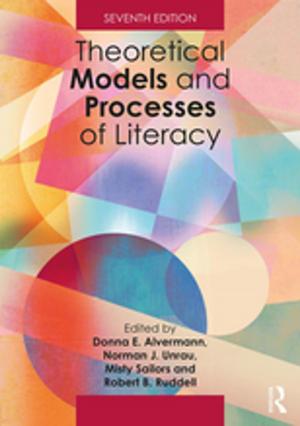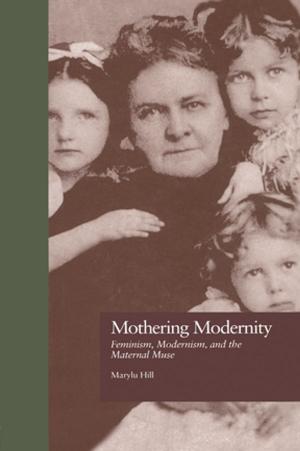Errol John's Moon on a Rainbow Shawl
Nonfiction, Entertainment, Performing Arts, Theatre, History & Criticism| Author: | Lynette Goddard | ISBN: | 9781317192183 |
| Publisher: | Taylor and Francis | Publication: | October 5, 2017 |
| Imprint: | Routledge | Language: | English |
| Author: | Lynette Goddard |
| ISBN: | 9781317192183 |
| Publisher: | Taylor and Francis |
| Publication: | October 5, 2017 |
| Imprint: | Routledge |
| Language: | English |
Errol John wrote Moon on a Rainbow Shawl (1958) after becoming disillusioned about the lack of good roles for black actors on the British theatre scene. While this situation has only slightly improved since, his response has become the most revived black play in Britain, from its original production at the Royal Court in 1958, to the National Theatre in 2012. It depicts the lives of a black community living in poverty in a shared tenement yard in Port of Spain, Trinidad, in the mid-1940s, showing how each of the characters carries dreams of escaping to create better lives for themselves and their families.
Lynette Goddard focuses on how the play articulates the narratives of migration that prompted many Caribbean people to uproot from their homes on the islands and move to the England in the post-war era. For some of them, these dreams of a new life became a reality, but they were experienced differently across genders and generations.
Errol John wrote Moon on a Rainbow Shawl (1958) after becoming disillusioned about the lack of good roles for black actors on the British theatre scene. While this situation has only slightly improved since, his response has become the most revived black play in Britain, from its original production at the Royal Court in 1958, to the National Theatre in 2012. It depicts the lives of a black community living in poverty in a shared tenement yard in Port of Spain, Trinidad, in the mid-1940s, showing how each of the characters carries dreams of escaping to create better lives for themselves and their families.
Lynette Goddard focuses on how the play articulates the narratives of migration that prompted many Caribbean people to uproot from their homes on the islands and move to the England in the post-war era. For some of them, these dreams of a new life became a reality, but they were experienced differently across genders and generations.















